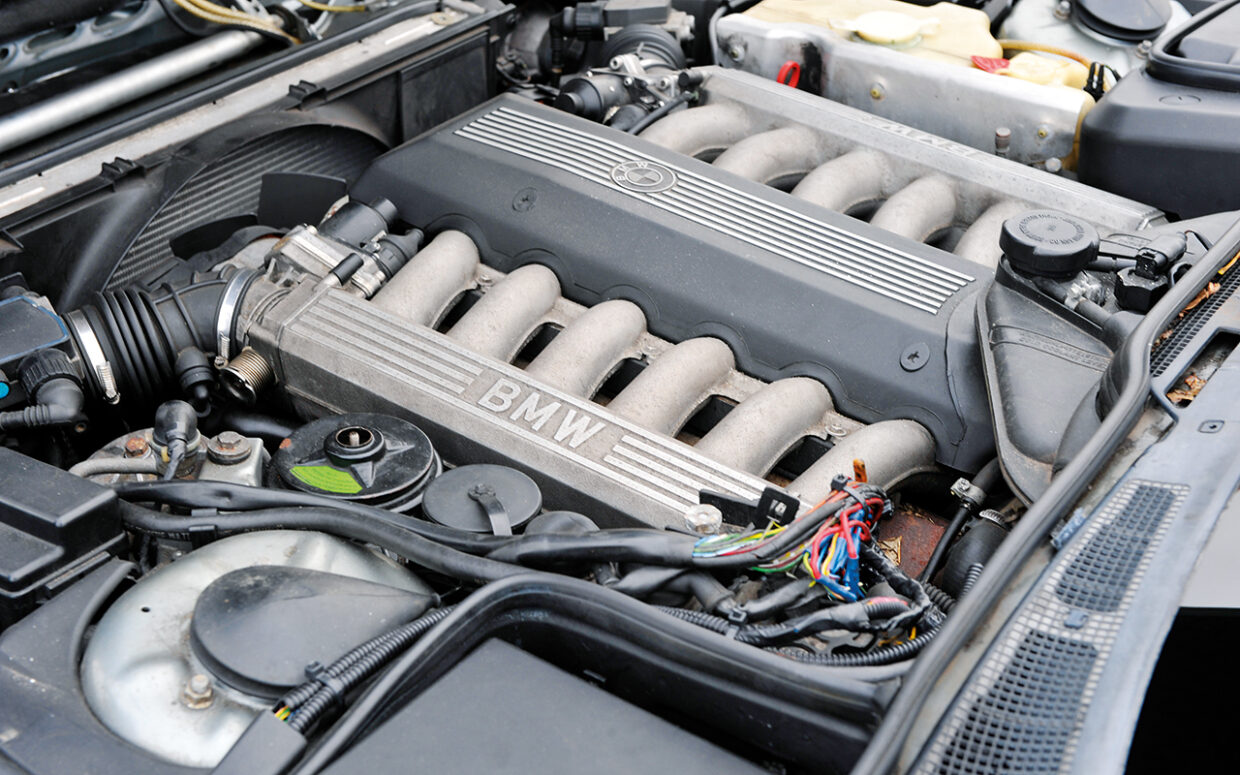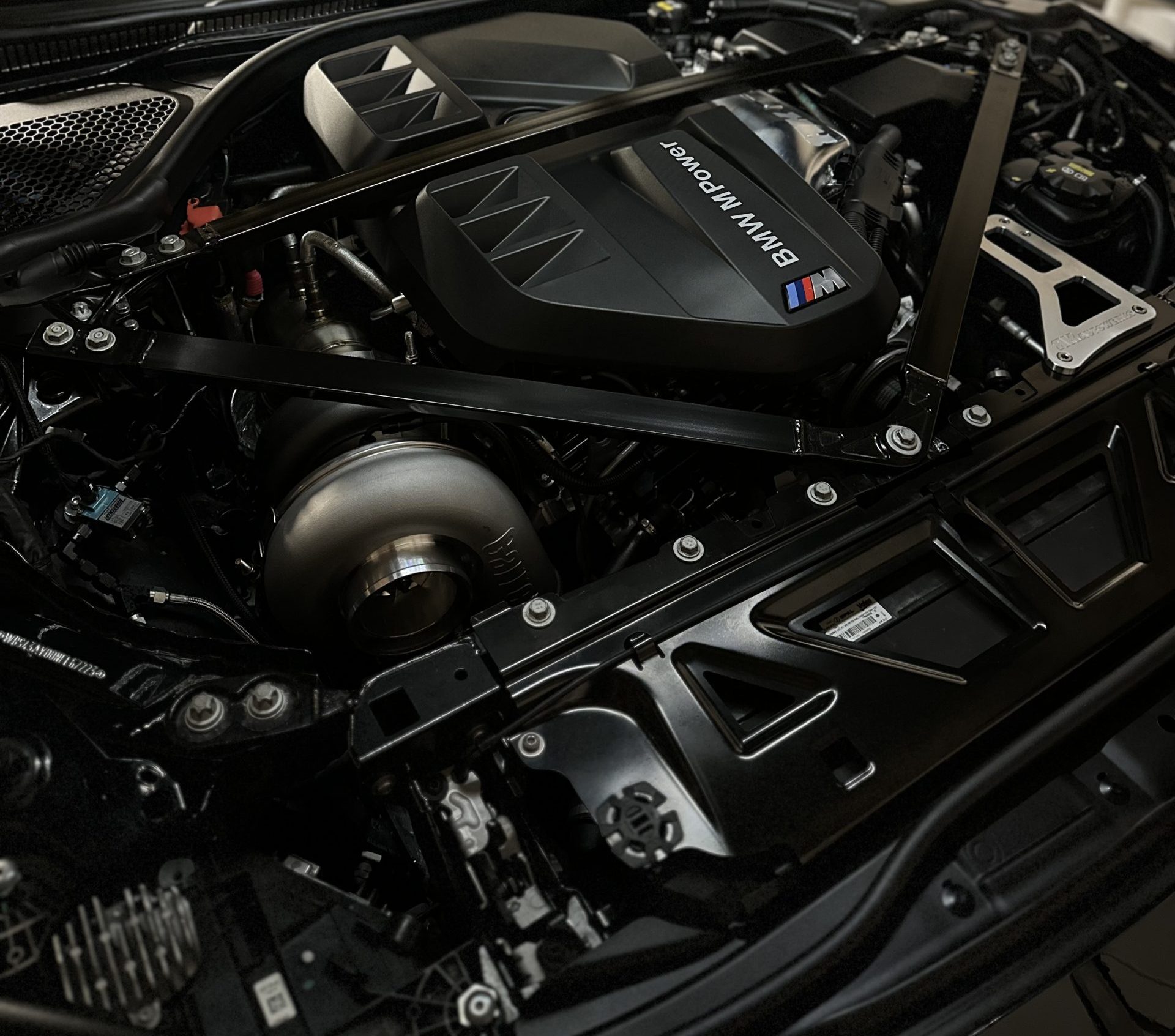A New user's Overview to Choosing the Right BMW Engine for Your Demands
A New user's Overview to Choosing the Right BMW Engine for Your Demands
Blog Article
Unveiling the Intricacies of Next-Generation Power Units: a Deep Study Advanced Engine Layouts and Advancements
In the realm of automotive engineering, the relentless quest of efficiency, effectiveness, and sustainability has driven the development of power units to unmatched heights. As we depend on the precipice of a new age in transport, the complexities of next-generation engine designs bid us to check out the advanced technologies and advancements that promise to redefine the driving experience. From advanced products that push the limits of sturdiness and weight reduction to innovative turbocharging and supercharging systems that raise power output to new degrees, each element of these power units holds a crucial to unlocking the future of automotive design. Diving much deeper right into the realms of discharge control, smart engine management systems, and the horizon of power device development, we find ourselves on the cusp of an improvement that assures to reshape the landscape of mobility as we understand it.
Evolution of Engine Products

The shift in the direction of advanced engine materials has actually also allowed engineers to create engines with greater power outputs while preserving fuel efficiency standards. As an example, using light-weight products lowers the total weight of the engine, leading to boosted fuel economy and lower emissions. Additionally, improvements in materials technology have permitted much better thermal administration within engines, causing boosted integrity and durability.
Turbocharging and Supercharging Technologies
How do Turbocharging and Supercharging Technologies transform engine performance and effectiveness in modern-day vehicles? Turbo charging and turbocharging are modern technologies that considerably boost engine efficiency by raising the amount of air intake right into the combustion chamber. Turbocharging accomplishes this by utilizing a generator driven by exhaust gases to pressurize the consumption air, while supercharging makes use of a belt- or chain-driven compressor to attain the same result.
These innovations allow smaller, much more fuel-efficient engines to create power comparable to larger ones, called downsizing. Forcibly more air right into the cyndrical tubes, turbocharging and turbo charging enhance combustion efficiency, leading to boosted horsepower and torque output without a substantial boost in engine size. This results in better acceleration, lugging capability, and total driving performance.
In addition, turbocharging and turbo charging contribute to boosted gas effectiveness by enabling the use of smaller sized engines that consume less fuel under regular driving problems - bmw engine. This combination of enhanced efficiency and effectiveness has actually made turbocharging and supercharging integral elements of several contemporary engine layouts
Emission Control and Environmental Effect
With enhancing global worries relating to air quality and ecological sustainability, the application of emission control modern technologies in automobiles plays a crucial function in lowering unsafe contaminants launched right into the ambience. Modern lorries are outfitted with advanced discharge control systems that assist minimize the ecological effect of vehicle operations. Catalytic converters, as an example, are developed to convert hazardous gases such as carbon monoxide gas, nitrogen oxides, and hydrocarbons into much less harmful compounds like carbon dioxide and water vapor.
Moreover, advancements in engine technology, such as the integration of exhaust gas recirculation systems and careful catalytic reduction, have substantially added to lowering discharges. These innovations function in tandem to optimize combustion effectiveness and minimize the release of damaging contaminants into the air. Additionally, the development of crossbreed and electric vehicles stands for a vital step in the direction of lowering the overall ecological impact of the transportation industry.
Intelligent Engine Monitoring Systems

Moreover, these systems allow cars to fulfill strict emissions criteria without endangering performance, providing a much more eco-friendly driving experience. The combination of expert system and artificial intelligence capabilities in engine administration systems remains to push the limits of what is possible, leading to further enhancements in efficiency, dependability, and total lorry efficiency. bmw engine. As vehicle modern technology advancements, intelligent engine management systems will certainly play an essential function in forming the future of transport in the direction of an extra lasting and reliable direction
Future Trends in Power Device Development
As smart engine monitoring systems pave the way for boosted control and optimization in modern-day lorries, future patterns in power system advancement are positioned to redefine the landscape of automobile propulsion innovations. These different power resources supply improved effectiveness and efficiency while lining up with strict environmental laws.
One more substantial trend is the combination of advanced materials and making strategies. Lightweight products such as carbon fiber and light weight aluminum are being used to reduce total car weight, enhancing fuel performance and performance. Additionally, advancements in 3D printing and additive production are making it possible for the manufacturing of complex engine parts with higher accuracy and resilience.
Moreover, synthetic knowledge and artificial intelligence are hop over to here playing a critical role in enhancing power system performance. These innovations enable real-time tracking and adaptive control, bring about extra efficient and reliable power distribution. Generally, future fads in power unit development are tailored towards performance, performance, and sustainability, driving the auto sector in the direction of a new age of propulsion technologies.

Final Thought
In verdict, the developments in engine materials, turbocharging, emission control, and intelligent monitoring systems have actually led the method for next-generation power devices. The detailed designs and advancements in modern-day engines showcase the continuous development you can check here of automotive modern technology.
Checking out the modern developments in engine products has actually been pivotal in boosting the efficiency and effectiveness of modern engines. Over the years, the advancement of engine products has actually played a crucial role in pressing the limits of what engines can accomplish.The change in the direction of progressed engine products has actually likewise allowed designers to develop engines with greater power results while preserving fuel performance criteria.The execution of intelligent engine monitoring systems in modern vehicles has revolutionized the means engines are controlled and maximized for performance and performance. By accumulating data in real-time and examining it with advanced formulas, intelligent engine monitoring systems can adapt to driving designs, environmental aspects, and engine health to make best use of power result while minimizing fuel consumption and exhausts.
Report this page